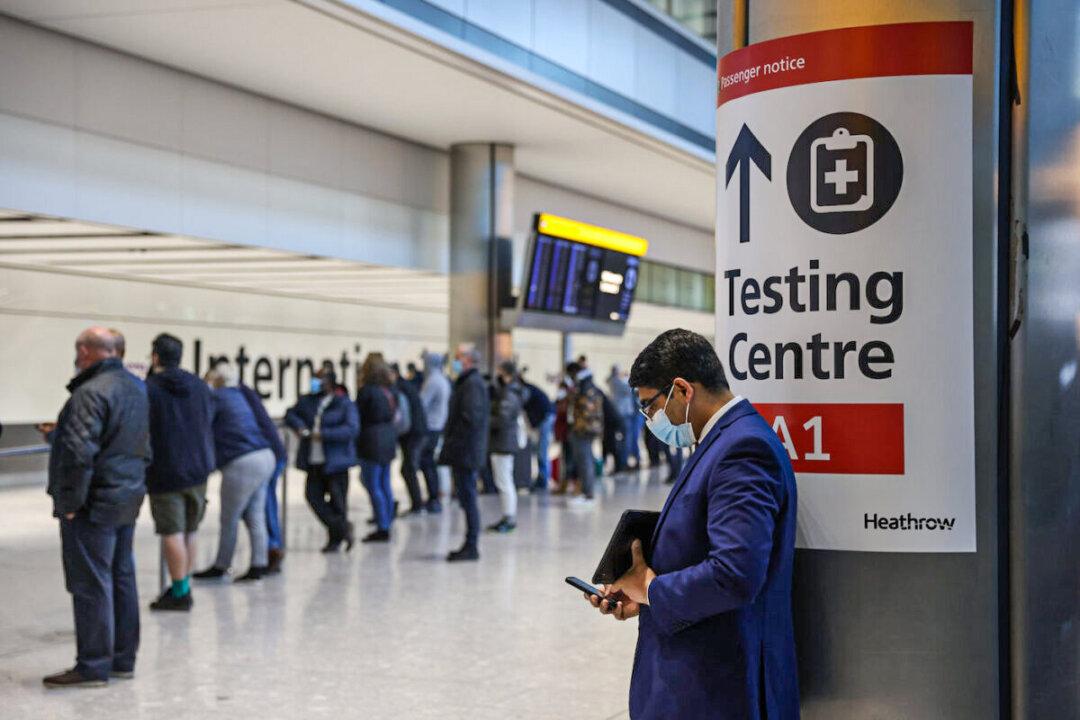The World Health Organization (WHO) on Sunday criticized the “heavy burdens” that travel bans place on southern African nations and urged countries across the globe not to impose flight bans unless they are “scientifically based” amid concerns over the new COVID-19 variant, Omicron.
In a statement, the public health agency called on countries to “follow science and the International Health Regulations” instead of rushing to impose flight bans, which, the agency said, can drastically affect the livelihoods of people in southern Africa.




